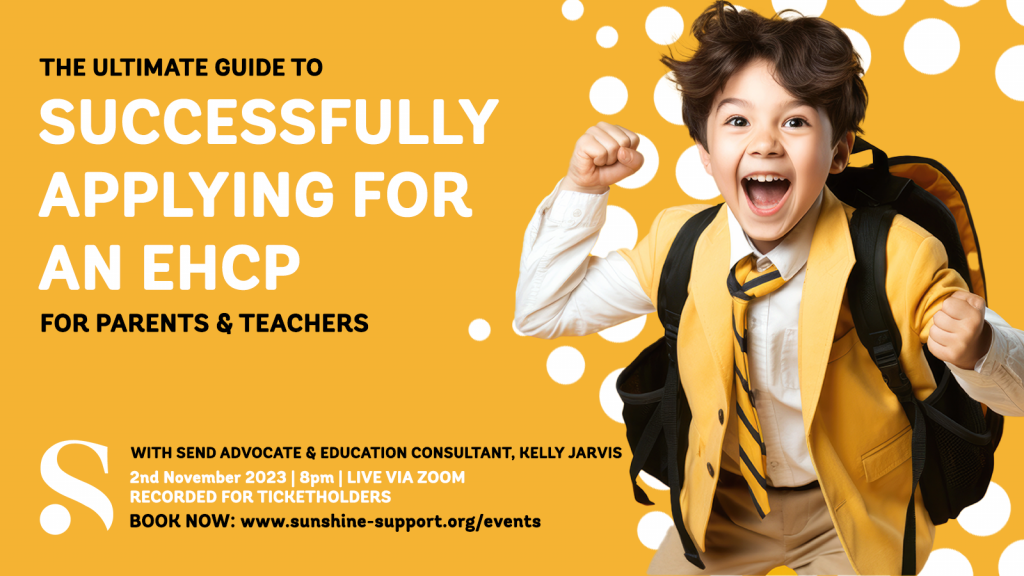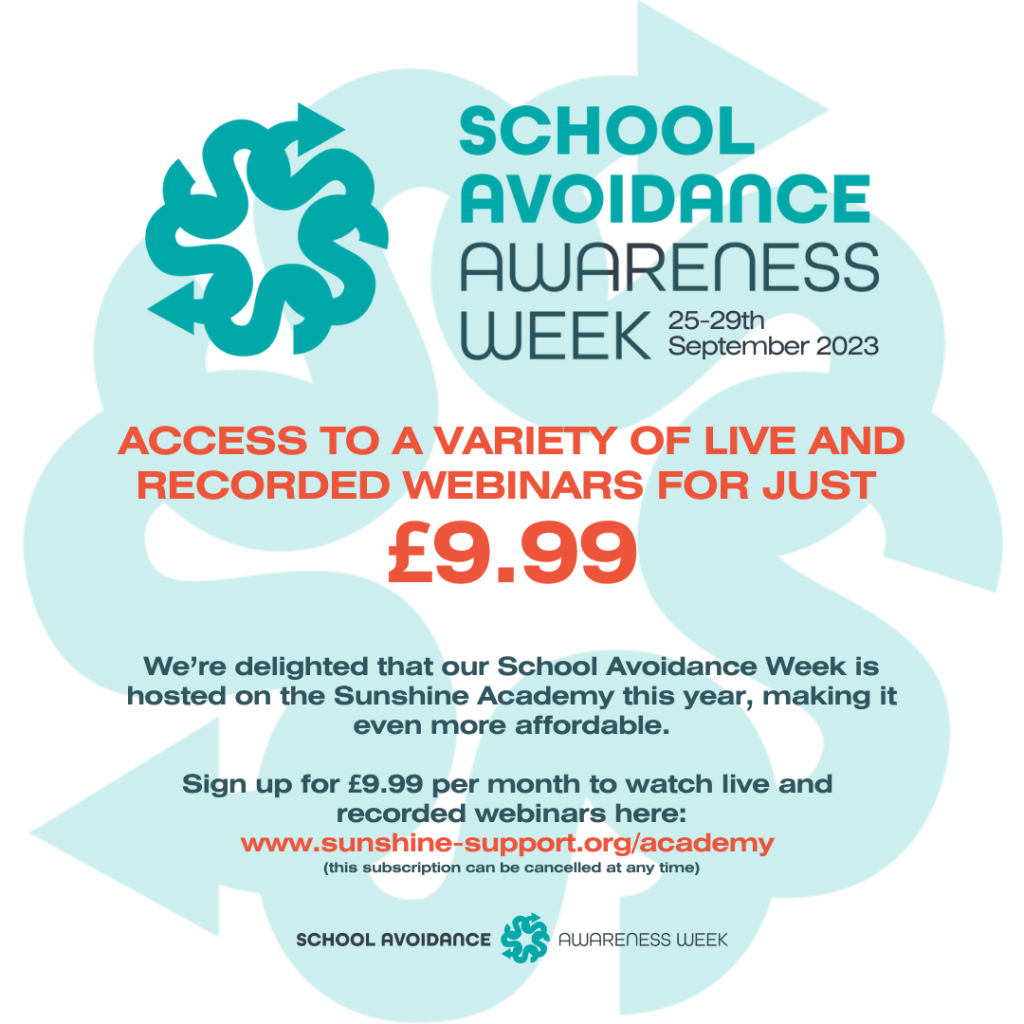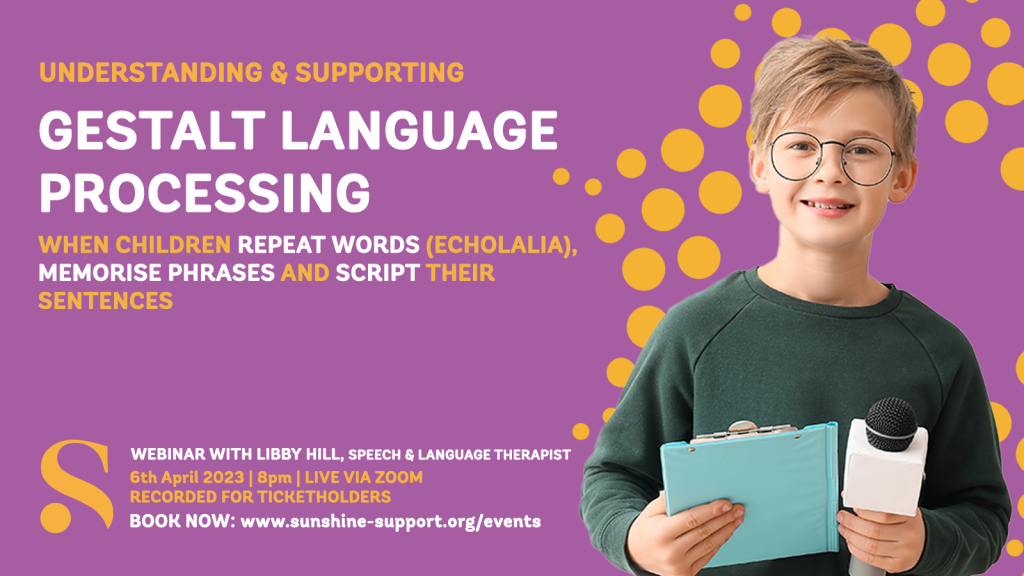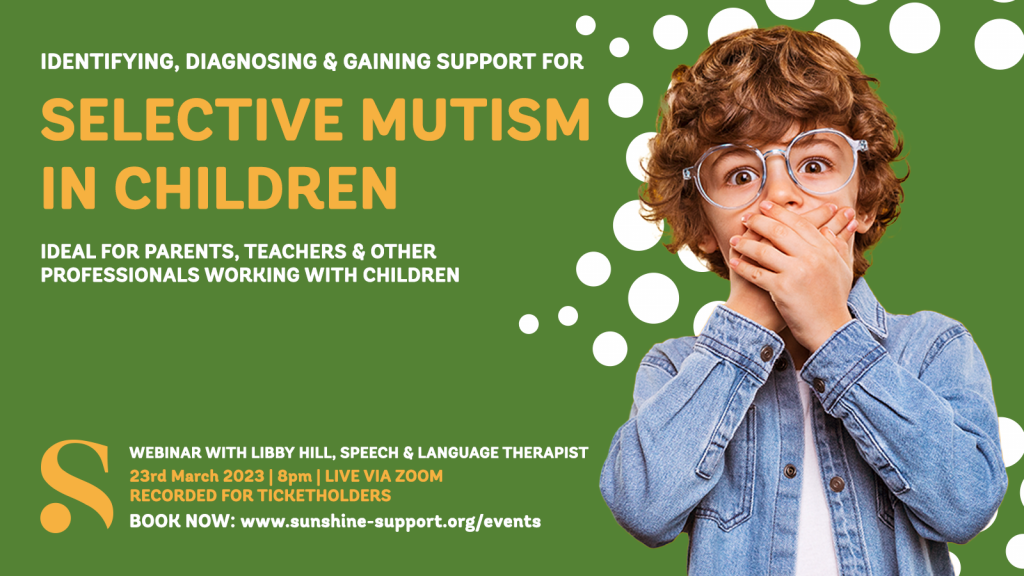The stigma and reproach surrounding the Down Syndrome community is something that is not talked about enough and a topic that should be opened up to conversation…
So I talked to Oliver’s mum, Anita who shared their story.

On the 21st of the 3rd month of the year we celebrate World Down Syndrome Day, the date specifically chosen to draw attention to the uniqueness of the triplication of the 21st chromosome that causes Down’s Syndrome.
Down’s Syndrome is a difficult topic to write something meaningful about unless you have lived experience. If you search the internet for example, the majority of the information you will find on the subject is just cold hard facts and figures. It is almost like the Down’s Syndrome community has been hidden away and left to their own devices.
OLD-FASHIONED STIGMA
As someone who grew up in a small town in rural west Wales, I have never really met anyone who has Down’s Syndrome. I remember there being only one person with Down’s Syndrome in school and he was known as “Billy the Down’s Syndrome” by both students and staff. Of course, I do not really think any of us knew any better at the time but on reflection that still does not make it okay. It does show however, that prejudice is strong and ingrained into so many of us even if we are not aware of it. The stigma and reproach surrounding the Down’s Syndrome community is something that is not talked about enough and a topic that should be opened up to conversation. Due to my own lack of knowledge and admittedly my own preconception regarding people with Down’s Syndrome and their community, I decided to speak to somebody who has lived experience.

Recently, I spoke to Anita Morrison, mother of four including the (from what I have heard!) rather illustrious Oliver Callis. Oliver is 8 years and from what has been described he is somewhat a social butterfly and local celebrity. According to Anita “he can walk into a room and he can work around better than anybody I know. Literally anybody that’s not Oliver remembers his name, and never forgets him”. An attribute that I think many people wish that they had.
For somebody so young, Oliver is highly accomplished having helped raise thousands of pounds for his school and appearing on national television. Oliver also has Down’s Syndrome. The thing that should be highlighted is that yes Oliver has done some incredible things, however they should not be seen as incredible because they have been achieved by a person who has Down’s Syndrome, they should be seen as incredible because they have been achieved and he has worked hard to achieved them.
The point I am trying to make is that people are not and should not be defined by their labels.
They are defined by their individuality and it is their individuality that should be celebrated. I think is some ways, some people do not see people with Down’s Syndrome as people. The phrase “suffers from Down’s Syndrome” is one often used when it should not be. It is not a suffering; it is just a difference.
THE SAD TRUTH
Down’s Syndrome is a condition that is highly stereotyped. For example, most people would believe that people with Down’s Syndrome are always happy and loving, which in actuality is not true. People with the syndrome are just people, sometimes they will be happy and other times they will not. It has also been circulated over the years that people with Down’s Syndrome always have health problems as well as short life spans. It is true that the syndrome often is linked with a number of health conditions, some of which are more life threatening than others. However, with sufficient health care people with Down’s Syndrome can live long and healthy lives. It is perhaps this misinformation that has caused termination rates to reach 90% in the UK.
JUST ENJOY YOUR BABY
One thing that stood out to me during my conversation with Anita was the negativity and fear that parents face when expecting a child with Down’s Syndrome. The media often presents us stories of parents having to make the choice whether or not to terminate their child after discovering that they will be born with Down’s Syndrome.
Most recently the case of Jillian Baumgartner, a 28-year-old mother from North Dakota whose family abandoned her after she refused to terminate her child. With stories such as these dominating the media it is no wonder so many parents are so fearful. However, as Anita said, “It shouldn’t be seen as such a negative thing, because it isn’t”.
Recalling the time after Oliver was born a specialist said to Anita “just enjoy your baby”. Words which I imagine were the nicest thing to hear. After all, life it to be celebrated. A child with Down’s Syndrome should not be feared but embraced and enjoyed, just like any other.

WORLD DOWN SYNDROME DAY
This should not only be a day to spread awareness but also a day to reflect, educate and celebrate uniqueness. It is time that we break the stigma and the silence and open up the conversation.
If you would like to get involved with World Down Syndrome Day or further educate yourself, you can find additional information at https://www.worlddownsyndromeday.org/ or follow #worlddownsyndromeday on social media where people are sharing their own incredible journeys.
TWINKL have some great resources, here.







